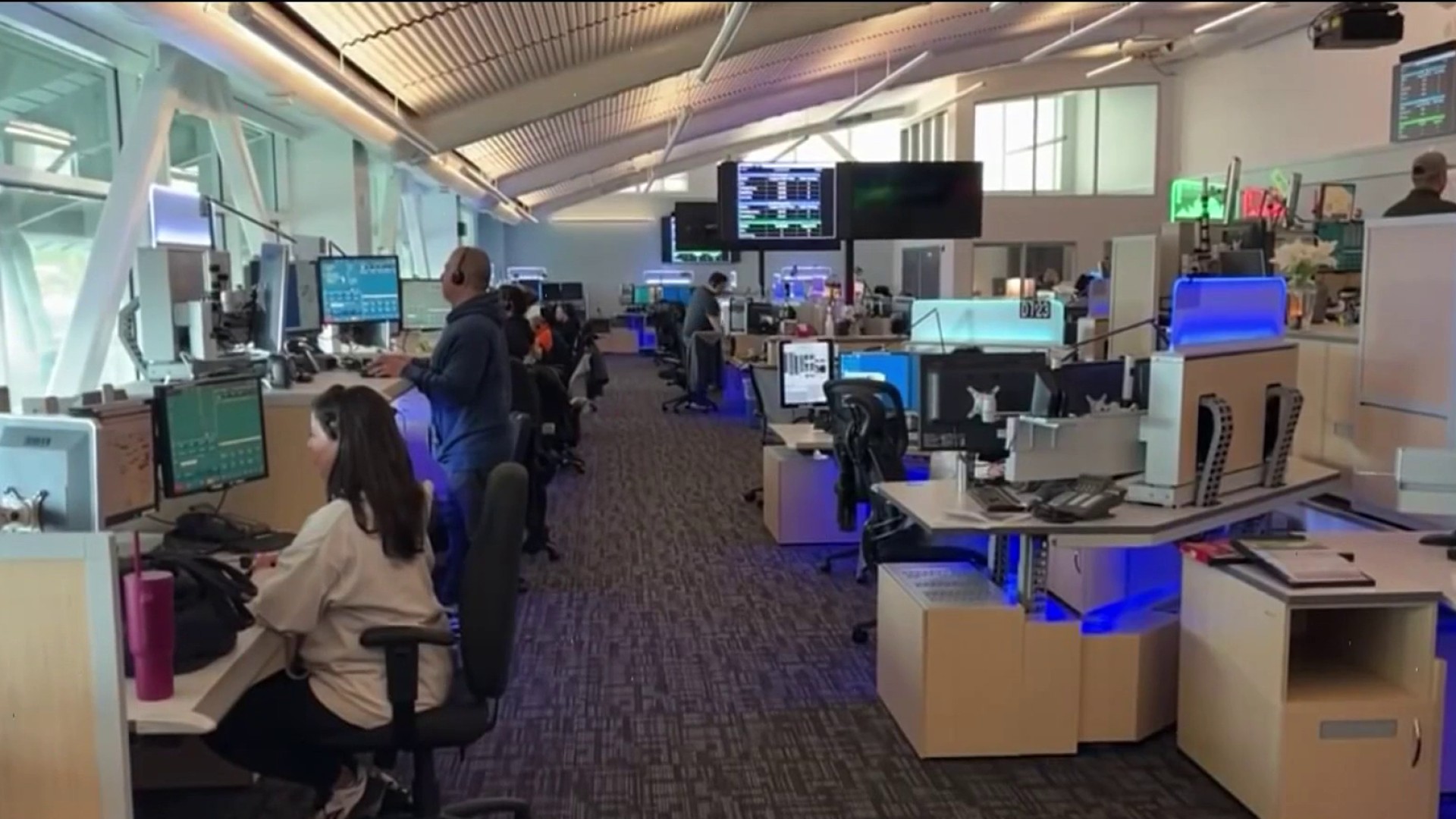California distilleries will soon be able to pass along the cost of booze tastings to their customers, under a new law passed by the state legislature and signed by Gov. Jerry Brown.
In the past, California law allowed spirit manufacturers to give-away booze for free at tastings, but didn’t allow them to charge a fee like wineries or breweries.
Distillers complained the laws were antiquated, having been originally written following the repeal of prohibition.
“The laws that affected our ability to properly and effectively market our brands have been on the books since December 5th, 1933,” said Arthur Hartunian of the Napa Valley Distillery.
Berkeley Assemblywoman Nancy Skinner proposed the change to the law, to allow distillers to charge for tastings, for the first time. She said more than 40 other states currently allow paid tastings.
“The same way you go to a winery and you pay ten bucks and you get to try five or six wines,” Skinner said. “We wanted to do the same thing for distillers.”
On the former Alameda Naval Base, a former military building now houses St. George Spirits. A pair of massive copper industrial stills greeted visitors to the cavernous space, which produces everything from pear brandy to bourbon to absinthe.
Local
Owner Lance Winters said tastings are an effective marketing tool, but an albeit expensive one without the ability to charge a fee.
“We end up giving a lot of booze and a lot of experience away,” said Winters, leaning on a still.
Despite the change in the law, which takes effect January 1, distillers were disappointed the state still doesn’t permit them to sell bottles of booze directly to the public. Legislators said distributors were opposed to the change, fearing it would cut into their business.
Hartunian, who served as president of a newly formed artisan distiller’s guild, complained dozens of states enjoy more liberal alcohol manufacturing laws than California.
“California, arguably being the most liberal states in the union,” Hartunian said. “Is on par with states like Mississippi and Alaska in terms of distilled spirits laws.”
Winters, who was the first distiller in the country to legally sell domestically produced absinthe following a repeal on the ban, said he would continue to fight for an even playing field with beer and wine makers.
“We don’t want people violating the law with any of these products,” Winters said. “But we do want to get them in front of people, that’s what it’s all about.”



